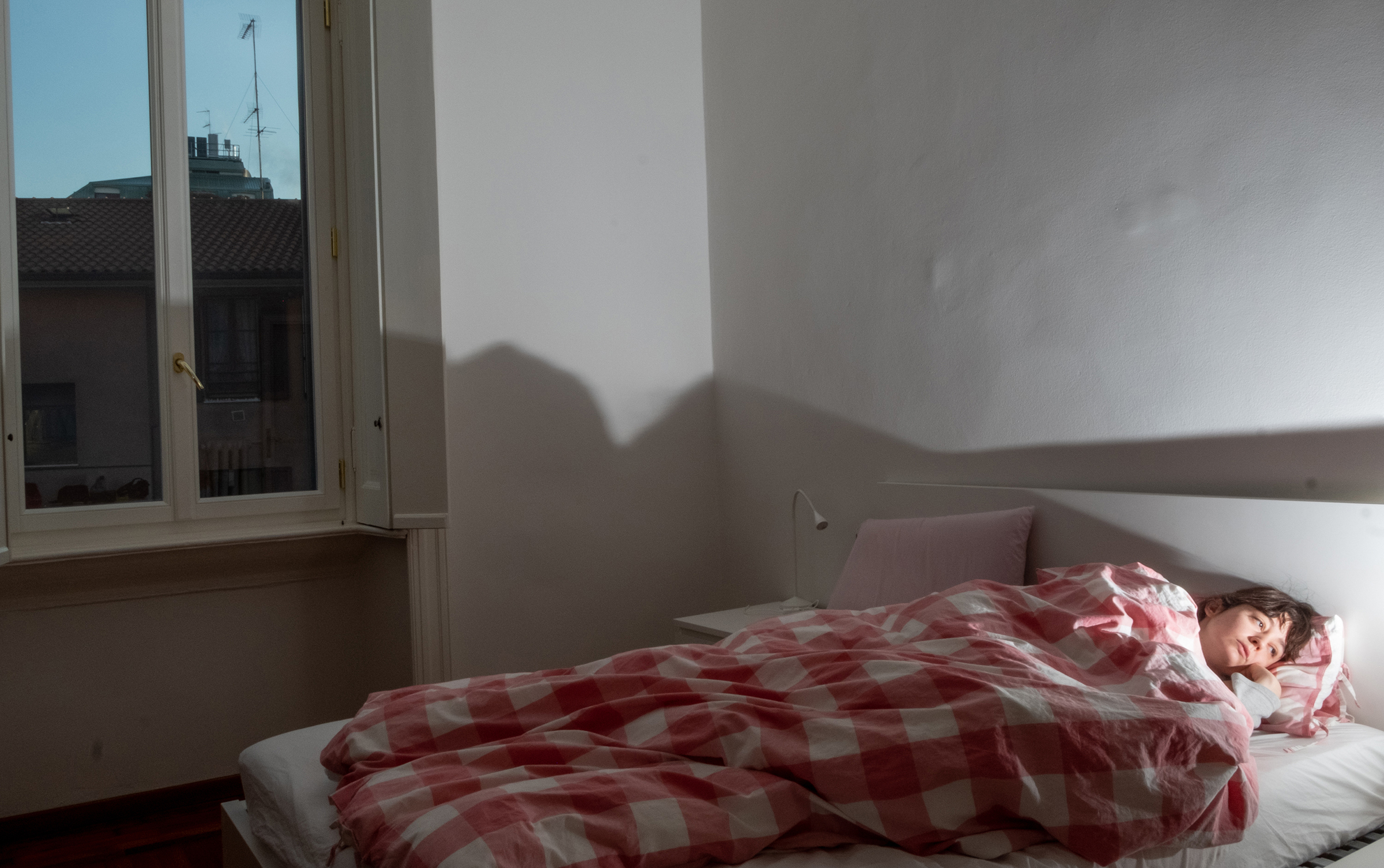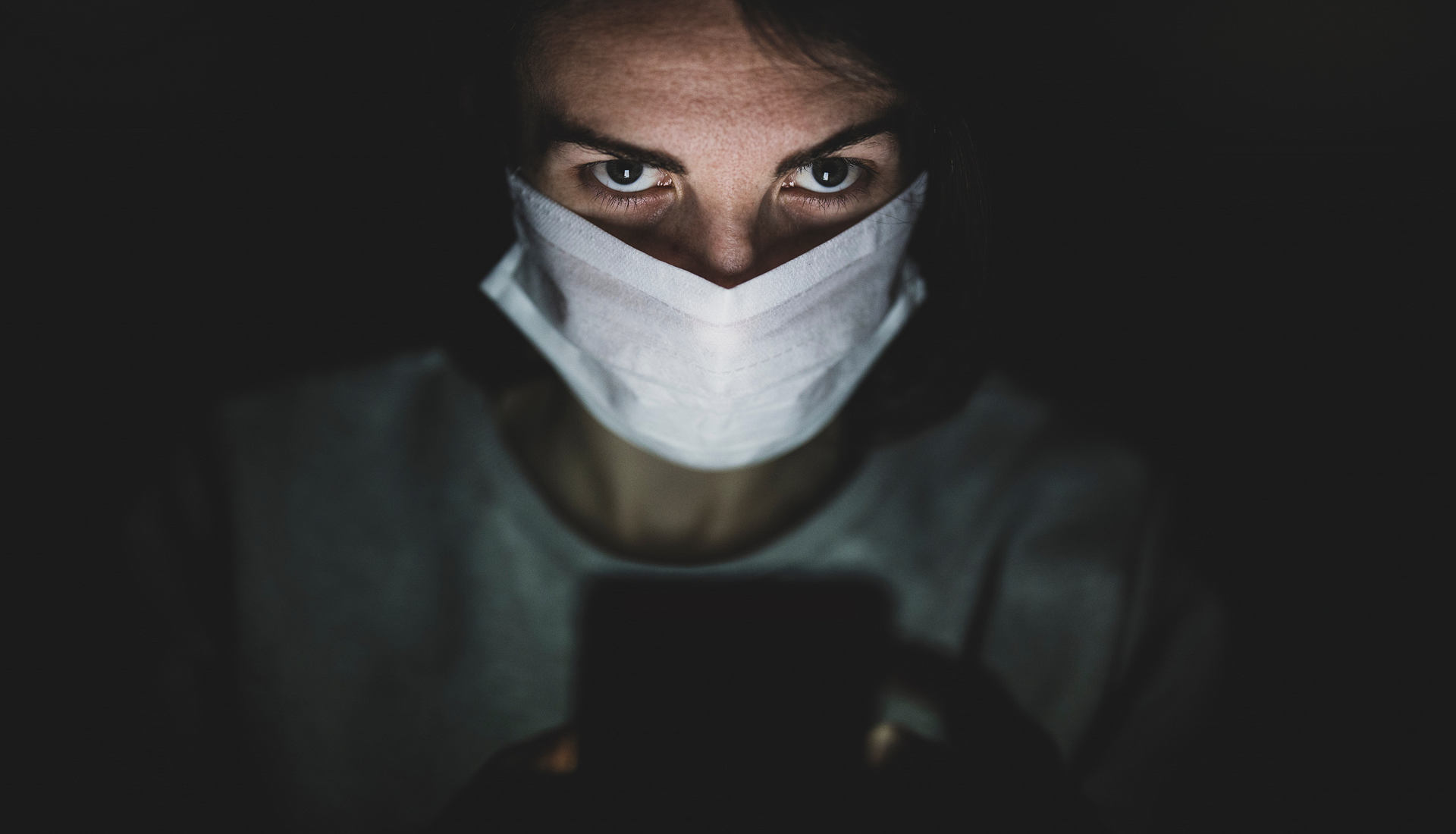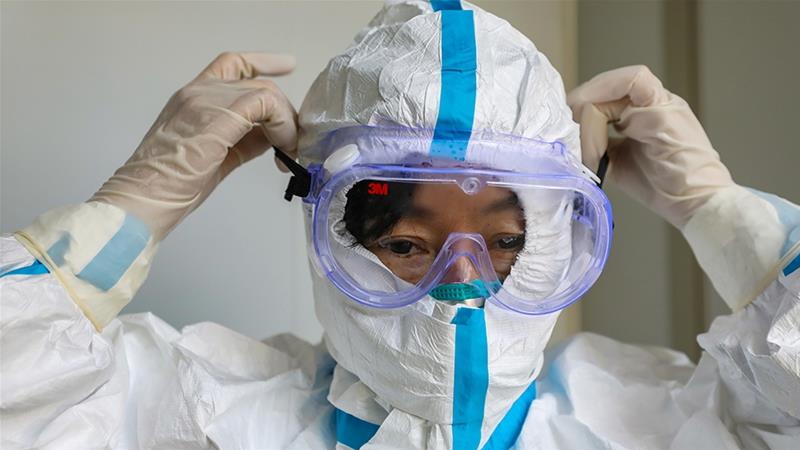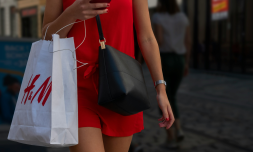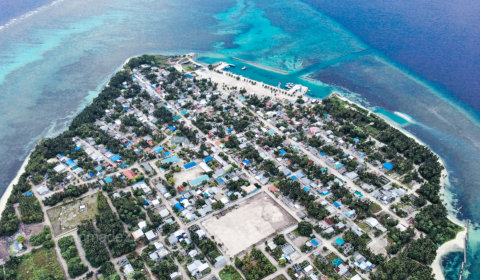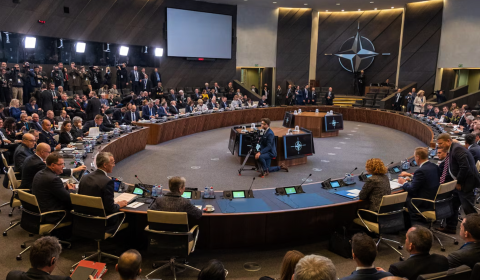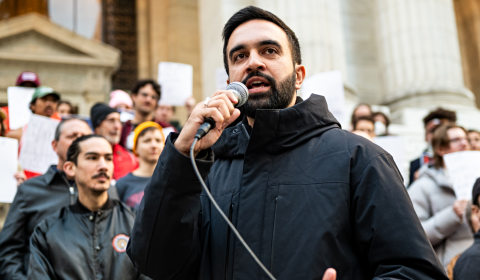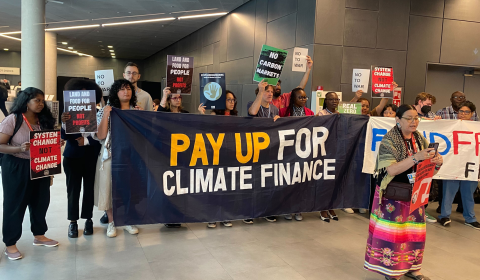For millions of people who struggle with their mental health, lockdown heralds a huge and unplanned challenge. But some medical experts argue that depression and anxiety during a pandemic are features of mental wellness, not mental illness.
Understandably, the physical health of the world is currently at the forefront of everybody’s minds. During the COVID-19 outbreak we have to heal our bodies and ensure the safety of our fellow citizens as a first port of call. But with social distancing now passing from weeks to months, it’s not just the hospitals that are finding themselves overwhelmed but mental health services too.
We’ve never lived through anything quite like this before. I’m not, and never have been, a libertarian (at least not to the extent of these morons), and I absolutely believe in the duty of care governments and institutions to shut down non-essential services, thereby keeping their people safe. It’s important, and where necessary, it should be enforced punitively (especially against aforementioned morons). But that doesn’t make it an easy thing to do.
For many with pre-existing mental health conditions (approximately one in four people in the UK), being forced into lockdown has caused a rupture in day-to-day coping mechanisms that’s been hard to reconcile with a healthy state of mind. The unique concerns that come with a health crisis have been catalysts for a whole new set of collective anxieties that will likely continue even after the lockdown ends.
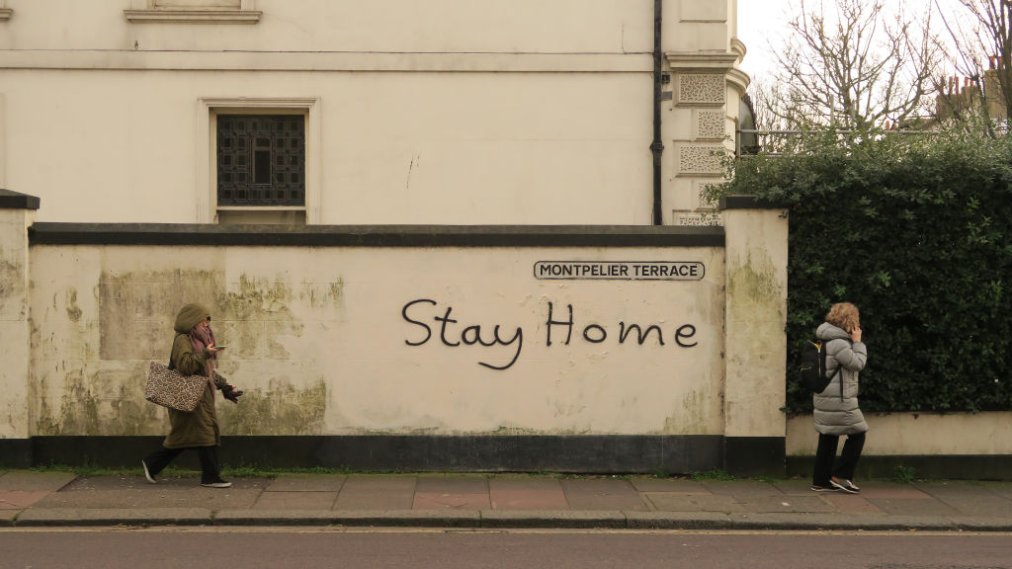
COVID-19 is causing an uptick in loneliness, anxiety, and grief across the planet, even in those who would consider themselves mentally healthy. People aren’t just isolated from proper care, but from each other. There are those stuck inside with abusive partners or living in already strained relationships, and those managing addiction who risk relapse without in-person meetings or access to rehab. School and work closures around the world look like they might stretch on for months, and the volatile markets and sudden job losses have added a layer of economic insecurity that wasn’t a factor in people’s lives just a few weeks ago.
As a result of this, mental health professionals are seeing their resources stretched thin. Demand for remote therapy has spiked considerably in the UK and the US. Talkspace, the text and video chat counselling service endorsed by Michael Phelps, has seen a 65% increase in consultation requests since mid-February. Brightside, another popular digital therapy platform, has seen a 50% bump in customers since the start of the quarter.
Some of the most endemic problems these services are finding are unprecedented waves of loneliness in communities, swathes of grieving families, countless addicts in fear of relapse, and anxiety contributing to an increase in sleep disorders.
The pandemic hasn’t just upended our daily routines, but it’s has disrupted how our minds work too. ‘We’re constantly drawing on past experiences to make predictions about the future,’ said Mimi Winsberg, a psychiatrist and co-founder of Brightside told Bloomberg Businessweek. ‘That feature of our brains is working in overdrive, if you will, because many of the things that we have learned to expect are suddenly different.’
